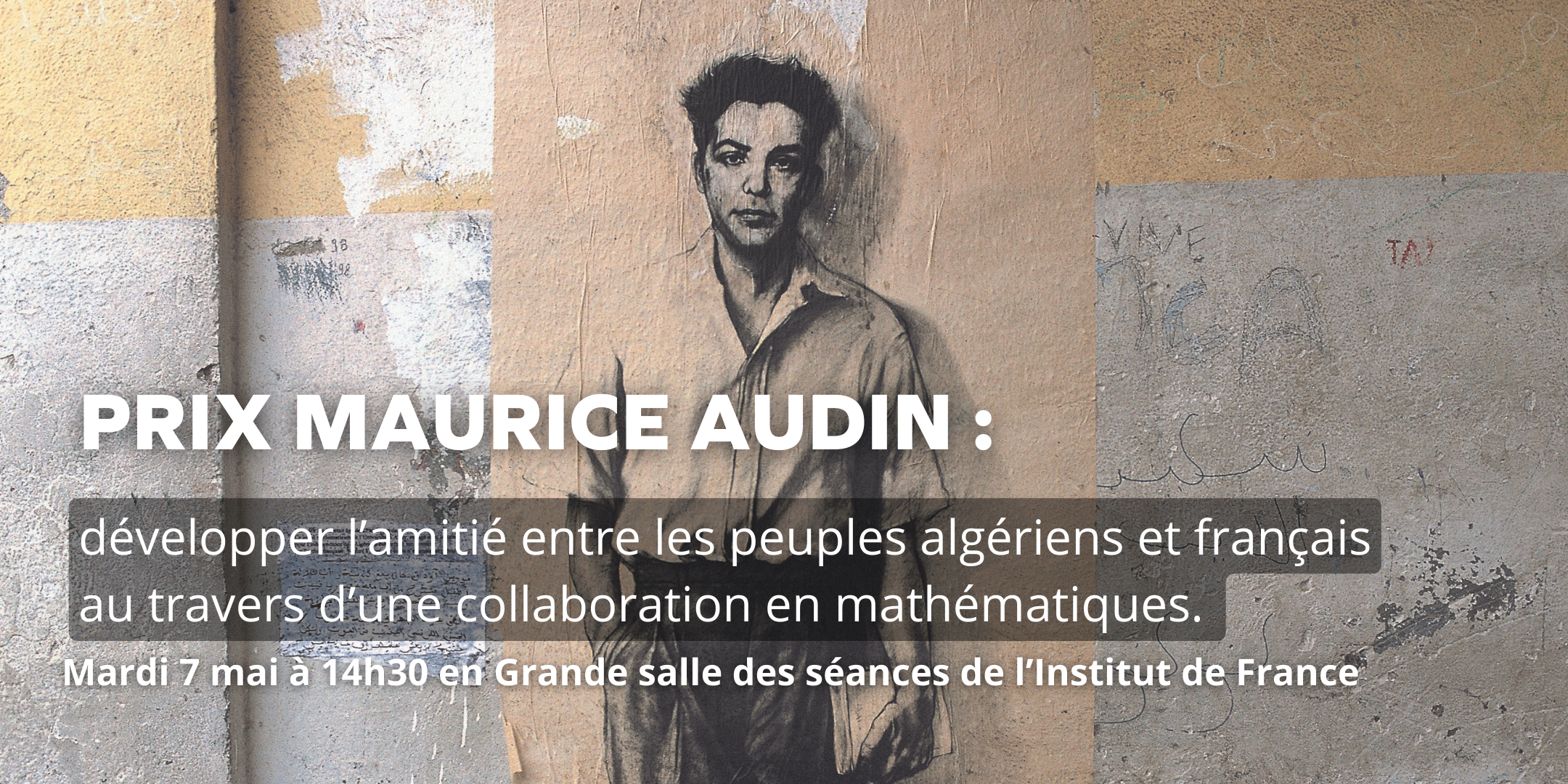Rayonner dans le monde
Rayonner dans le monde
L’Académie des sciences représente à l’étranger la recherche scientifique produite en France. A ce titre, elle entretient des liens étroits avec ses homologues d’autres pays, représente la France dans les principales organisations scientifiques internationales et dans les sommets de haut niveau, reconnait des chercheurs étrangers en leur attribuant des grands prix ou les nommant membres associés. Elle mène, enfin, des actions volontaires de partenariat avec les pays en développement. Son délégué a le titre de Vice-Président délégué aux relations internationales. Il fait l’interface entre le bureau, les comités internationaux et les membres impliqués dans les actions internationales de l’Académie des sciences.
Cette mission implique de faire connaître les travaux de ses membres afin d'alimenter les réflexions et les décisions de ses interlocuteurs internationaux. Ainsi, l'Académie des sciences contribue activement à l'avancement des connaissances et à l'innovation globale en partageant les résultats et les perspectives de la recherche française.
Des réseaux internationaux
En outre, l'Académie des sciences participe activement à la vie scientifique internationale par le biais de grands réseaux et d'actions communes. Cette participation permet d'enrichir les collaborations et d'étendre l'influence scientifique de la France. Grâce à l'expertise de ses membres associés étrangers, l'Académie bénéficie également d'un apport précieux de savoir-faire et de perspectives diversifiées. Ce réseau international renforce la capacité de l'Académie à s'inscrire dans les dynamiques scientifiques mondiales, contribuant ainsi à des avancées significatives dans divers domaines de recherche.
Par le biais de sa Délégation aux relations internationales, et de son Comité académique des relations internationales scientifiques et techniques (Carist), l’Académie des sciences concourt à l’internationalisation des sciences à travers :
• sa participation à des comités de dimension nationale impliqués dans la promotion des interactions scientifiques au niveau mondial et aux réseaux internationaux d’académies et la représentation de la France au sein d’institutions scientifiques internationales
• des actions de coopération bi- ou multilatérales, européennes ou internationales. Ainsi l'Académie des sciences est impliquée dans plusieurs grands prix et colloques internationaux
• une action volontaire de partenariat avec les pays en développement.
Des actions de coopération avec les instances étrangères
QUELQUES CHiffres clés
-
116Associés étrangers
-
1983Premiers accords internationaux avec la Pologne et la Suède
-
+ 50Relations bilatérales dans le monde
Des réseaux de promotion des sciences
Forte de son expérience en matière de diplomatie scientifique, l’Académie des sciences a créé et préside deux comités de dimension nationale impliqués dans la promotion des interactions scientifiques, au niveau mondial.
Nos actions
Les voyages individuels de scientifiques ont, historiquement, constitué le mode traditionnel de collaboration scientifique entre états. L’Académie des sciences, engagée de longue date dans le soutien à ces échanges, mène aujourd’hui ses actions dans le cadre d’accords de coopération ou de lettres d’intention signés avec des académies nationales étrangères, aux côtés d’autres modalités de collaboration telles que l’organisation conjointe de colloques, l’accueil de conférenciers ou la visite de délégations.
Les amitiés scientifiques ont été nombreuses en Europe et dans le monde. On peut évoquer celles de Newton et Huygens, de Descartes avec le même Huygens, de Gay-Lussac avec von Humboldt, de celui-ci avec Cuvier et Lamarck.
L’Académie perpétue ces amitiés fécondes en participant à l’attribution de grands prix internationaux bilatéraux.
En 2014, l’Académie des sciences entretient des relations bilatérales avec plus d’une cinquantaine d’Académies, à travers la signature d’autant d’accords ou de lettres d’intentions - les premiers d’entre eux, avec les académies de Pologne et de Suède, datant de 1983, le dernier, avec l’Académie nationale des sciences d’Uruguay, ayant été conclu en décembre 2014.
Soutenir le développement scientifique et technologique dans les pays en développement
Depuis près de vingt ans, l'Académie des sciences consacre une part importante de son activité au renforcement des liens scientifiques et technologiques entre la France et l'Afrique.
